
Published:
Readtime: 6 min
Every product is carefully selected by our editors and experts. If you buy from a link, we may earn a commission. Learn more. For more information on how we test products, click here.
The moment Zaho de Sagazan hit the opening note of Sous le Ciel de Paris, a great weight was lifted from the sporting world’s shoulders. Nineteen days of fierce competition, outrageous showmanship, and world record-breaking efforts officially complete, the 2024 Paris Olympic Games had finally drawn to a triumphant close. For the athletes gathered in the Stade de France for the closing ceremony on Sunday night, the sound of 70,000 cheering fans was enough to make the lifetime of training, sacrifice and dedication feel worth it, but for the city itself, the deafening roars of approval may as well have been sighs of relief. Amid all the speculation and anticipation, it had been a Games that went off largely without a hitch.
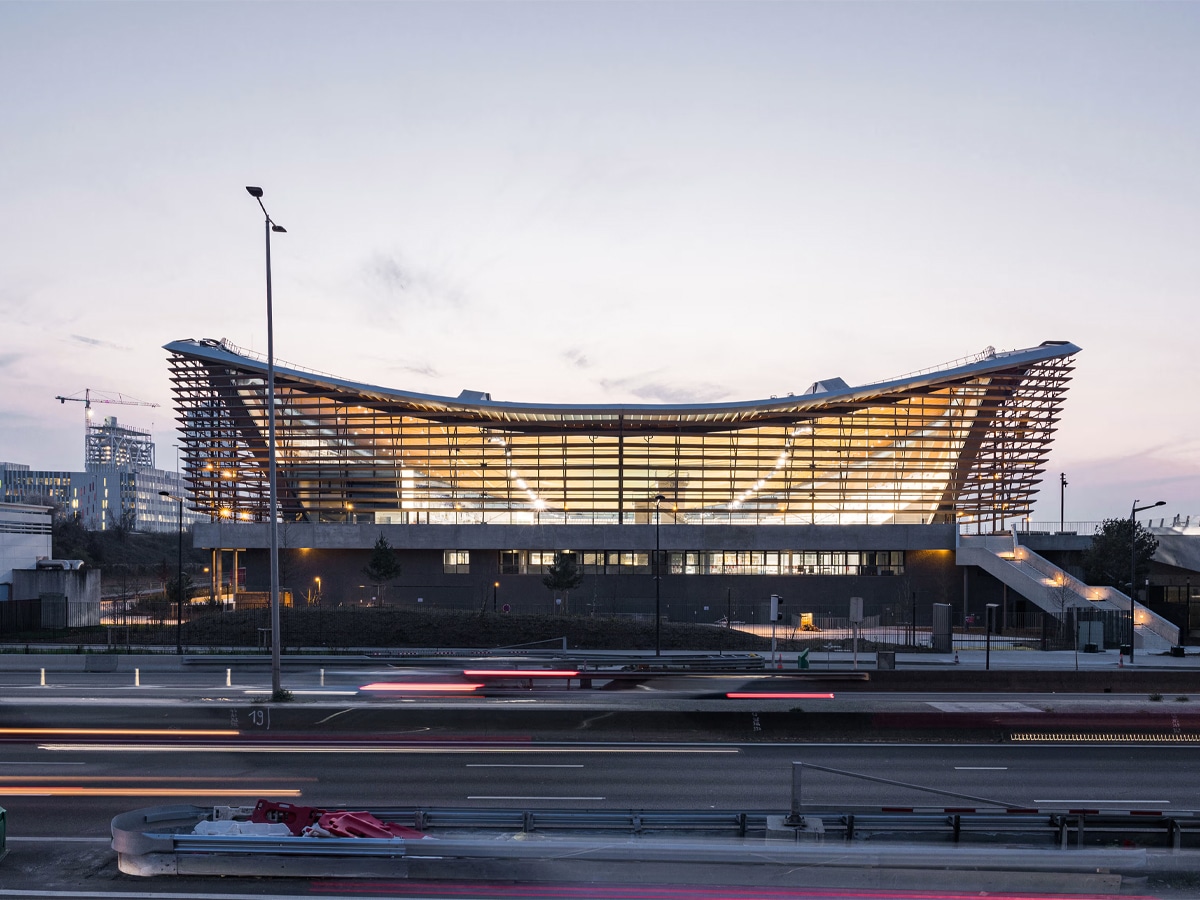
A Game of Firsts
Eight years since the last in-person Olympics, Paris marked a defining moment in the event’s long-running history. While Tokyo, remarkable in its own right, delivered no shortage of highlights and upsets, a Games without spectators simply isn’t the same, and it showed right from the opening spectacle.
Outdoor Opening Ceremony
The Organising Committee’s decision to host the opening ceremony on the River Seine and outside of a dedicated arena for the first time, while contentious initially, proved to be an enormous success. Thomas Jolly’s remarkable floating, technicolour homage to French culture captivated audiences in a new and inspiring way. Rather than the cycling cavalcade of athlete introductions that viewers have become accustomed to, the floating spectacle allowed for a more immersive integration of the city’s historic landmarks.
Images of the athletes, drenched in rain, floating past iconic structures like the Notre Dame and Musée d’Orsay will forever be etched in the Olympic zeitgeist, providing a blueprint for how to utilise a city’s unique geographic features to its advantage (one we can only hope Brisbane follows in 2032). Fittingly, the Paris 2024 opening ceremony was the pre-curser for what would be a string of Olympic firsts, and perhaps we shouldn’t be surprised.
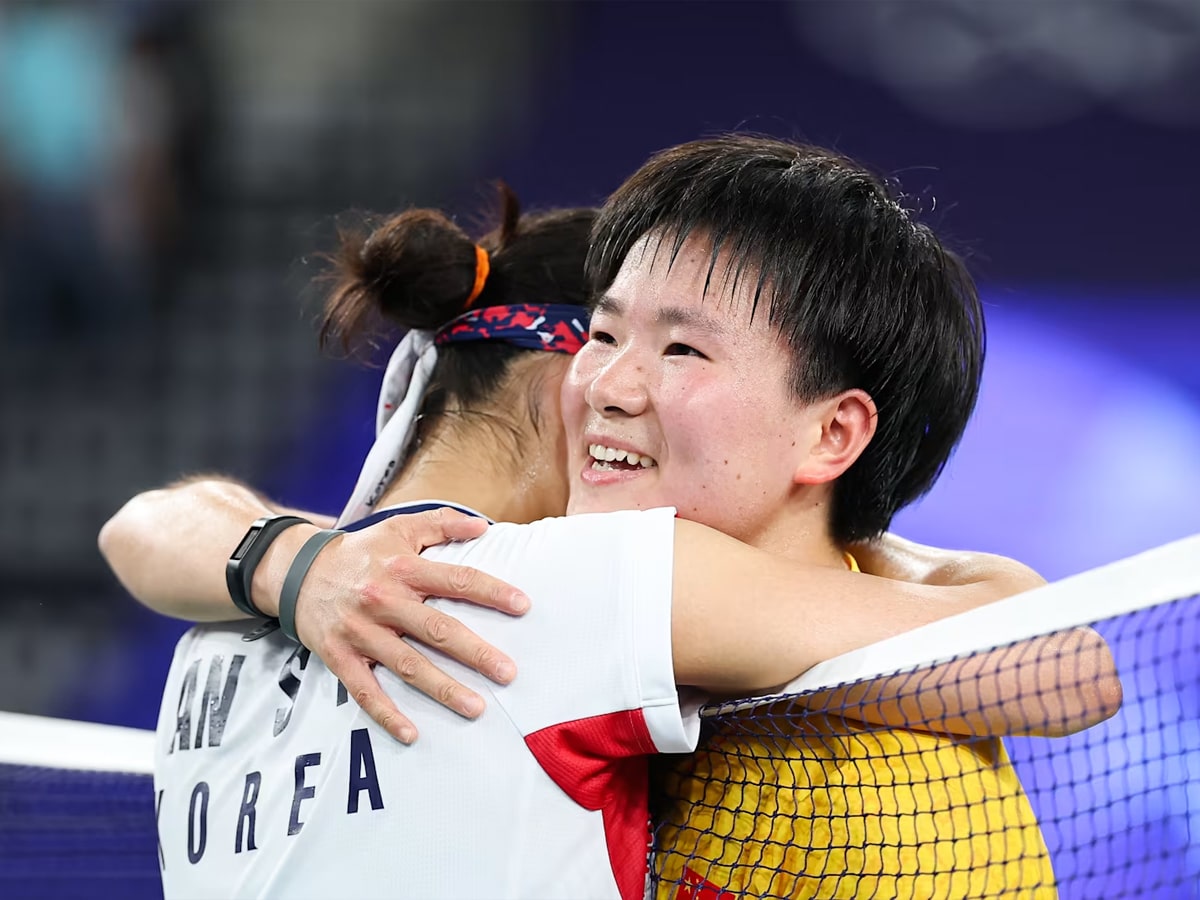
Gender Equality
The city’s historic streets, famously home to revolutions and regime downfalls, provided the perfect backdrop to launch a new Olympic campaign; one that, for the very first time ever, featured full athlete parity. The distribution of an equal number of quota places to female and male athletes by the IOC was a symbol of the shifting ideals around sport and a true sign of progression.
“The Olympic Games Paris 2024 were a celebration of the athletes and sport at its best,” International Olympic Committee (IOC) President Thomas Bach said during the Closing Ceremony. “The first Olympic Games delivered fully under our Olympic Agenda reforms: younger, more urban, more inclusive, more sustainable. The first ever Olympic Games with full gender parity.”
This year’s competition schedule comprised 152 women’s events, 157 men’s events and 20 mixed-gender events – meaning that more than half of all medal events at Paris 2024 were open to female athletes. Furthermore, the decision to host the Women’s gold medal marathon event on the final day of play instead of the Men’s was an important break from tradition.
“The parity amongst athletes encouraged Paris 2024 to be ambitious on gender equality, with two objectives: advancing the role of women in sport, and using sport as a tool to contribute to more gender equality between men and women in society in general,” Marie Barsacq, Paris 2024 director of Impact and Legacy said.
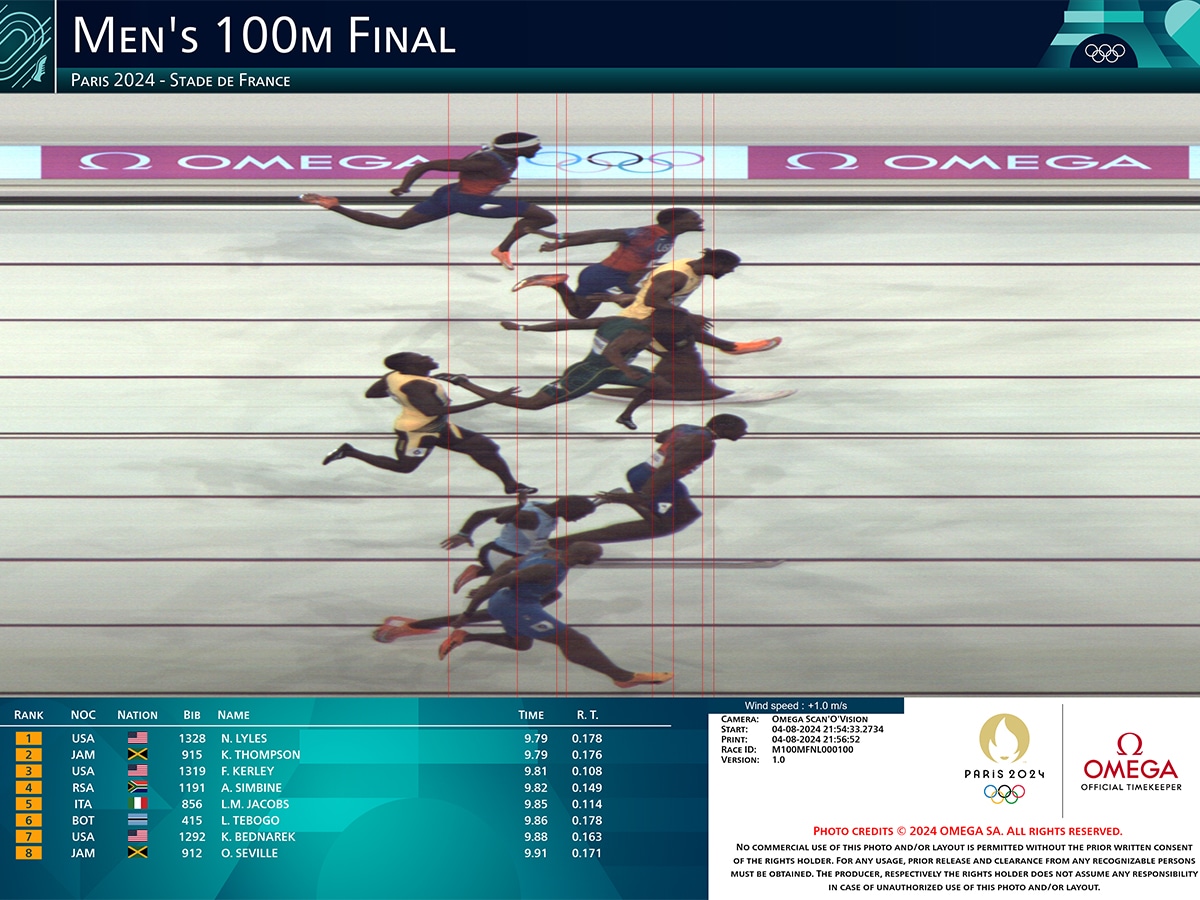
New Technology
It’s not to say that the Paris 2024 Games couldn’t have gone south quickly, however. Across the 19-day sporting extravaganza, there was no shortage of potential controversies, from the gender-questioning of Algerian boxer Imane Khelif to the weigh-in failure of Indian wrestler Vinesh Phogat, and yet, officials were able to mitigate damage at all points.
Even Noah Lyles’ goal medal-winning 100-metre dash, a finish that would have come under intense scrutiny in previous games, was quickly rectified through the use of official timekeeper OMEGA’s new photo finish technology. Using the latest image processing gear, the organisation was able to split Lyles from second-place finisher Kishane Thompson by a margin of just five thousandths of a second.
Sustainability
As Bach explained, Paris was the first Games to abide by the Paris Agreement on Climate Change, which was adopted in 2015. Event organisers introduced a series of activations aimed at curbing carbon emissions through innovative solutions for energy, food, venues, transport and digital services. Most notably, 95 per cent of the Paris 2024 competition venues utilised for the Games were pre-existing or temporary, with the remaining five per cent constructed using low-carbon construction methods. A two-fold strategy, this environmental focus allowed for fewer emissions and greater interaction with the city’s existing landmarks, again forming a blueprint for events moving forward.
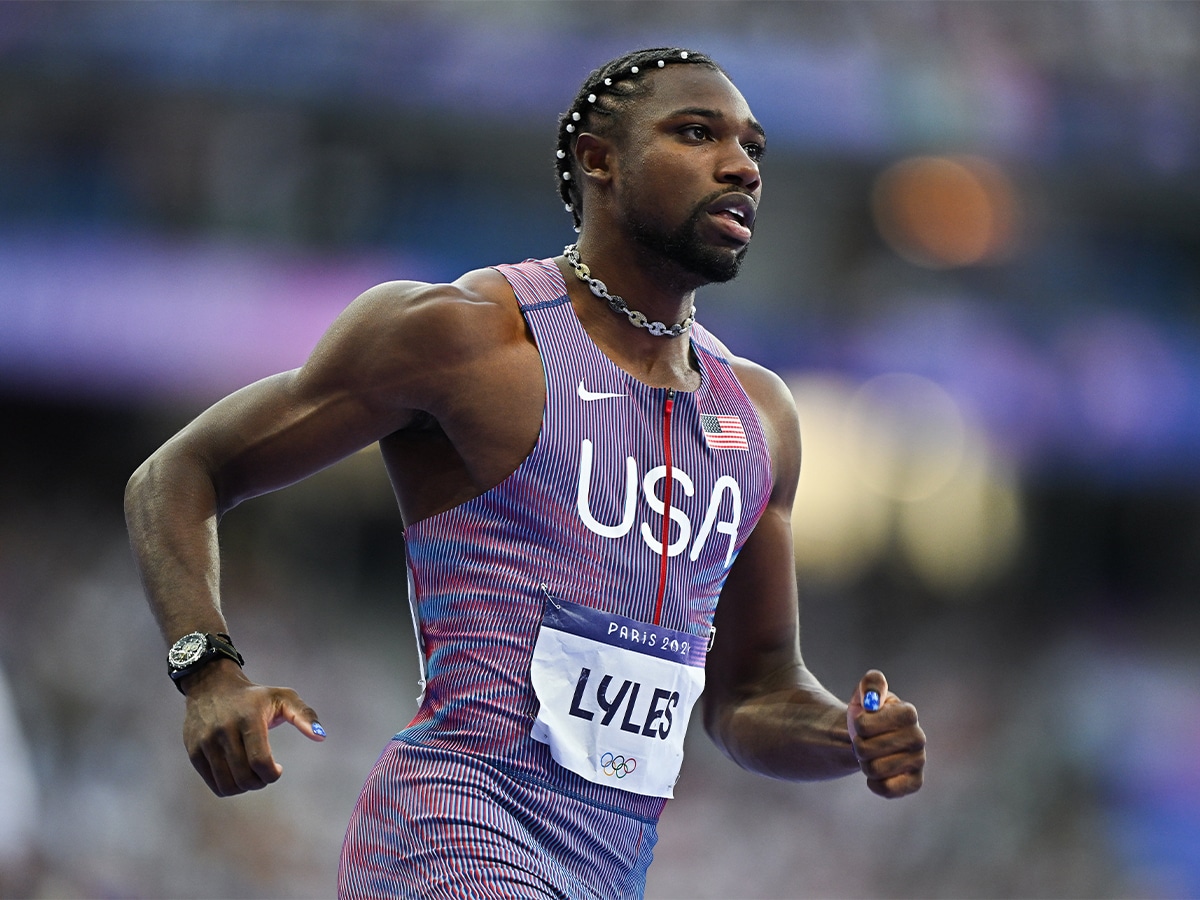
Lessons Learned
Admittedly, not all new integrations were a success. The Organising Committee’s efforts to improve sustainability on the plate, while admirable, reportedly left many athletes disappointed. The largely plant-based catering package was widely criticised for its lack of protein, with the organisation’s goal of “cutting waste by better-estimating quantities, redistributing, composting or transforming all unconsumed food” falling short of the mark.
Furthermore, Paris’ decision to make all Olympic events dry was one of the more interesting results. While the family focus proved to be a success, with greater engagement in the sport and more inclusive activations for fans, organisers undoubtedly missed out on a huge chunk of money. Whether this will be replicated in 2032 is anyone’s guess, particularly with Australian sports’ long-standing connection and sponsorship ties with alcohol brands, but it is an important learning that sport and booze don’t always have to mix.
Looking to LA and Beyond
If there is one thing that we learned from Paris 2024, it is that progress doesn’t come easy. While there were certainly teething issues with new formats, catering and sustainability practices, the focus on driving a new era for the Olympic Games was a resounding success. As President of the Organising Committee for Paris 2024 and three-time canoe Olympic champion Tony Estanguet revealed in his closing remarks, the Paris Games generated never-before-seen ticket sales and TV viewing figures, and even a record number of athlete marriage proposals.
As we look towards Los Angeles in 2028 and Brisbane in 2032, the successes of the past three weeks should be acknowledged and explored. Paris laid the groundwork for a new kind of Games and the world tuned in. The first games post-COVID and the first to embrace sustainability as a core value, the Paris 2024 Olympics Games managed to make an ancient athletic competition somehow feel entirely new again. It was the refresh the games needed.
Disclaimer: The author of this article, Nick Hall, was invited to attend the 2024 Paris Olympic Games as a guest of OMEGA.










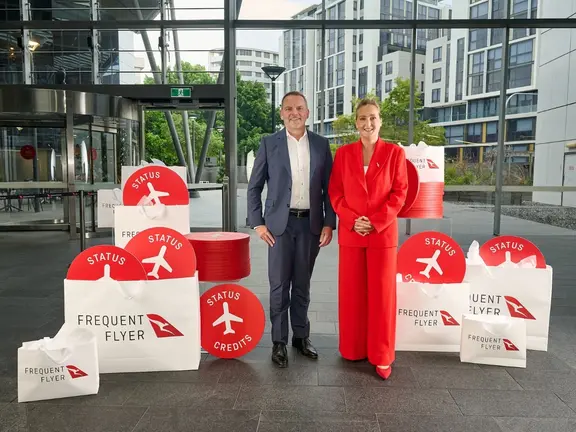










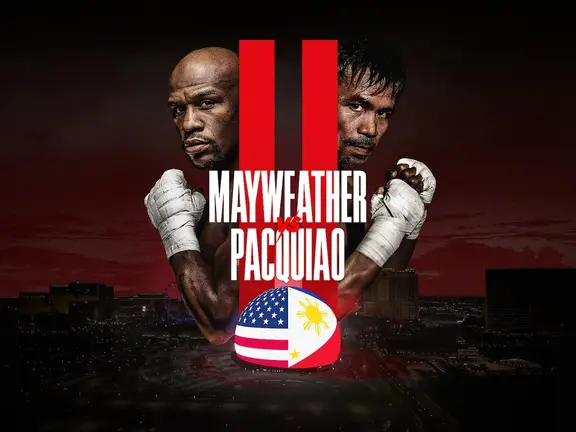







Comments
We love hearing from you. or to leave a comment.